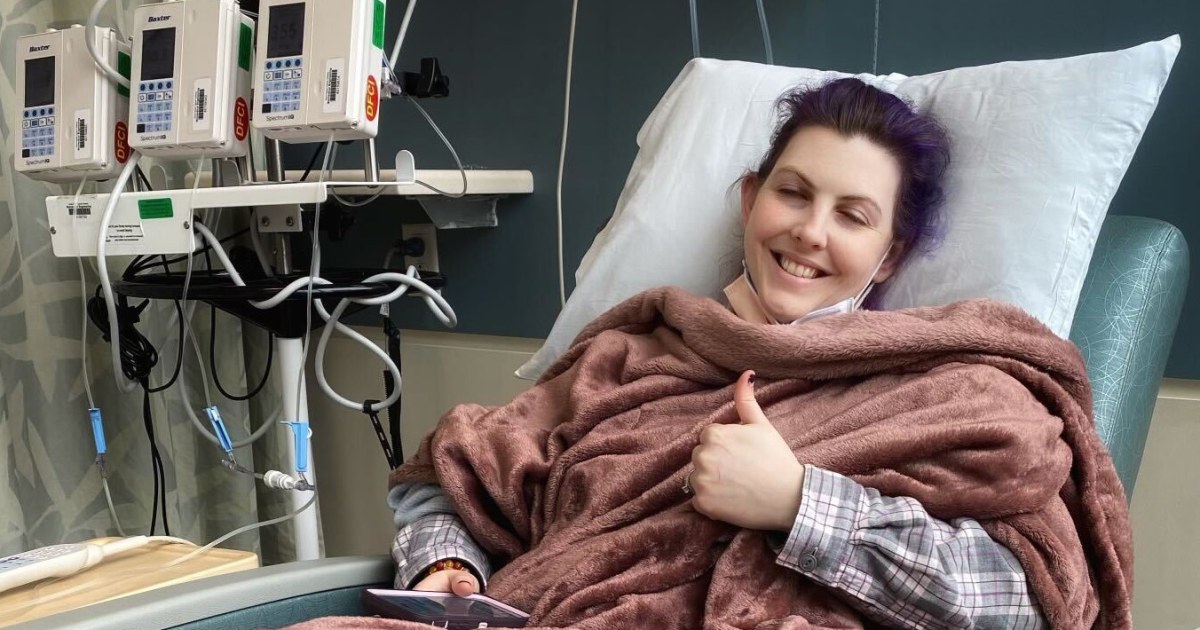The Facts
Cancer diagnoses for patients under the age of 50 have increased by nearly 80% over the last 30 years, according to a comprehensive study by BMJ Oncology. Scientists are citing a confluence of factors for the uptick.
The study includes data from 204 counties and examines 29 types of cancer while delving into new cases, deaths, health implications, and risk factors for people aged 14 to 49. The study also measured changes between 1990 and 2019.
The Spin
Establishment-critical narrative
In a modern, artificial world, nearly everything we eat, drink, and consume has the potential for contact with cancer-causing elements. Therefore, it's no surprise that early-onset cancer has risen so rapidly over the last 30 years. Soda, for example, is chocked full of high amounts of sugar and can lead to obesity, and there are so many more unnatural compounds that make the “diet” versions so dangerous. Our leaders may pay lip service to health and sustainability, but the fact is that large corporations continue to pump out dangerous artificial consumables that are making us sicker than ever.
Pro-establishment narrative
There are many factors contributing to the rise in early-onset cancers, and researchers are determined to get to the bottom of this problem. Obviously, not smoking tobacco and overconsuming alcohol can go a long way in preventing cancer along with regular exercise and a balanced diet. While the BMJ Oncology study may seem alarming, cancer still disproportionately affects older people, and young people can take simple, high-leverage measures to reduce their risks and treat cancer in its earliest stages.


